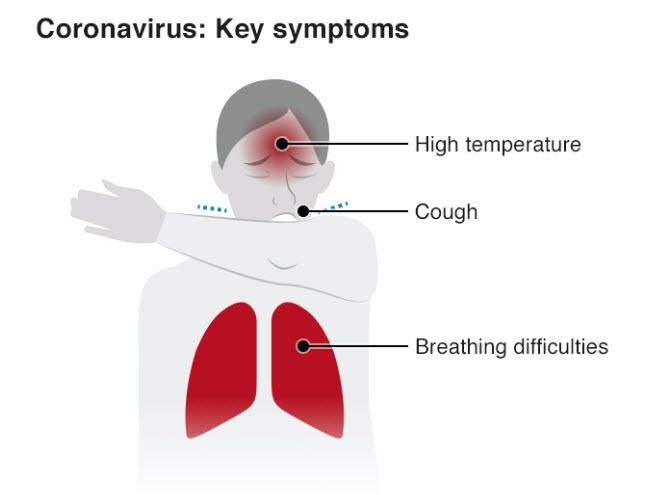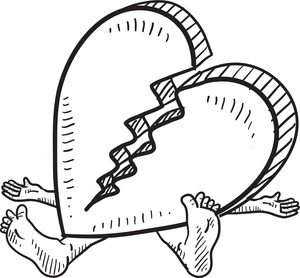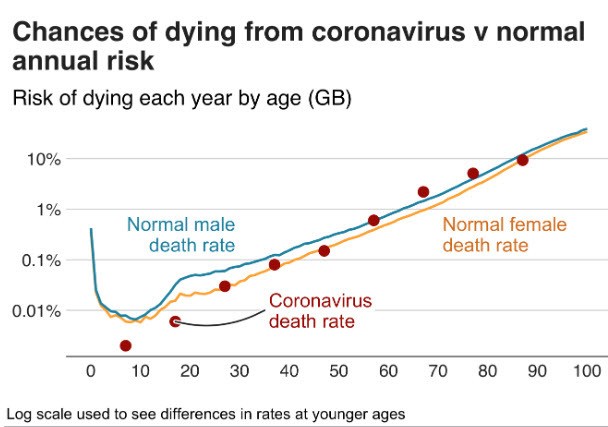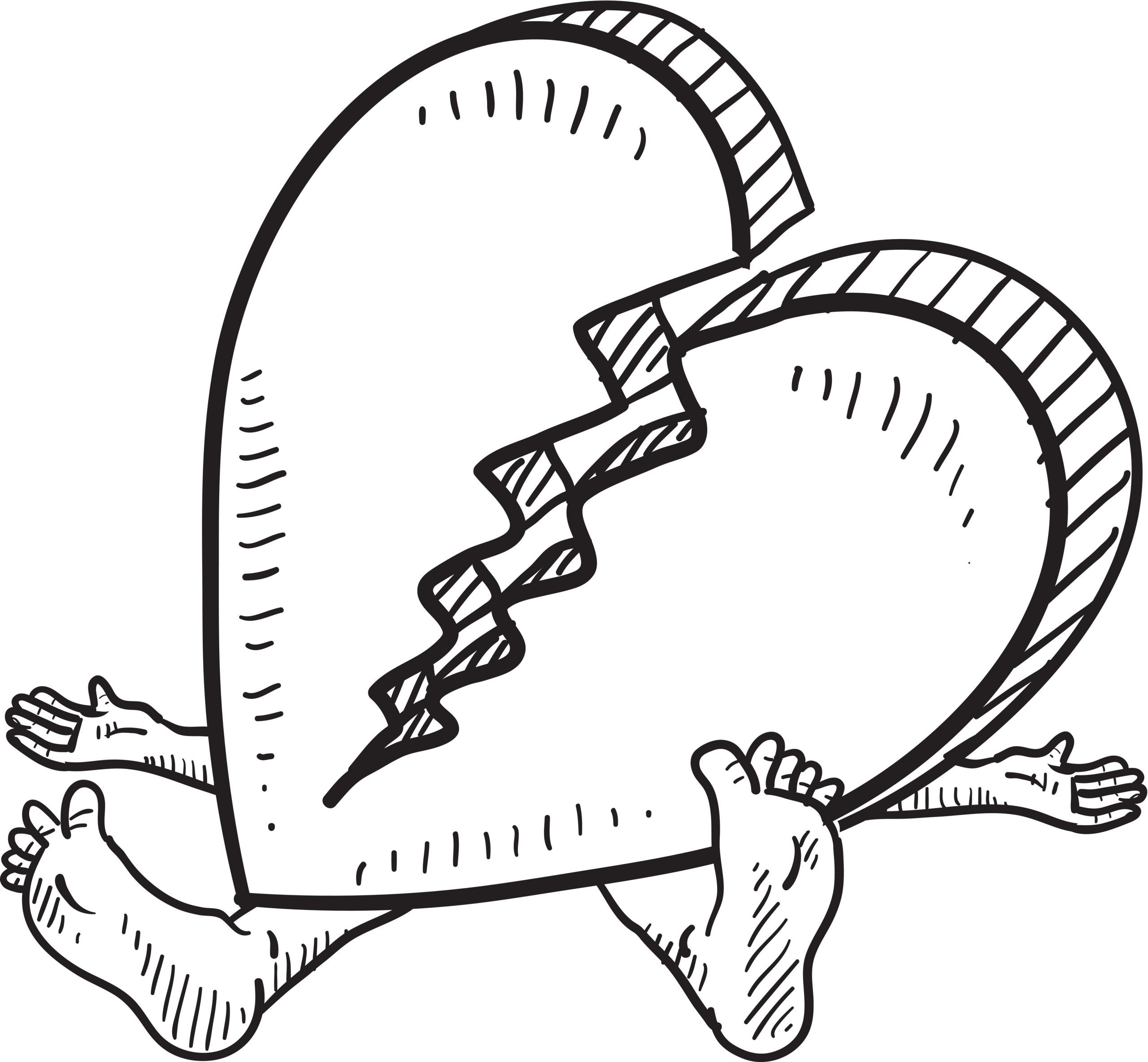There is some concern amongst professional drivers, following an alarming number of deaths from Coronavirus within this profession that better personal protection was not made available.
Most of these unfortunate deaths were within London transport, and all of them were regarded to be fit and healthy. However, Emeka Nyack Ihenacho was asthmatic, and he was one of nine bus drivers who have lost their lives to the Coronavirus in the UK.
More...
A study in biomedical central (BMC) on infectious diseases in 2011 found that bus or tram use was associated with an almost six-fold increased risk of developing an influenza-like infection during flu season.
Although tuberculosis spreads differently to flu, another study in Houston within that year found that the incidence of TB was almost eight times higher among commuters who spent more than an hour a day on the bus.
Most people with Coronavirus will recover within about a week of getting symptoms and will not need medical care, but some people will need to be treated in hospital - including the prime minister.
Boris Johnson, who is 55, is currently being cared for in St Thomas' hospital in London after his symptoms worsened.
Some people are at higher risk of complications.
This includes people over the age of 70, regardless of whether they have a medical condition or not, and people of any age with underlying health conditions, such as heart disease.
There are more than 1.5 million people in the UK who are at the most significant risk of needing hospital treatment if they catch Coronavirus.
This includes people with cancer who have been receiving chemotherapy. They are being asked to stay at home all of the time to shield themselves from the virus.
What are the coronavirus symptoms?
Coronavirus infects the lungs. The two main symptoms are a fever and a dry cough, which can sometimes lead to breathing problems.
The cough to look out for is a new, continuous cough. This means coughing a lot for more than an hour or having three or more coughing episodes in 24 hours. If you usually have a cough, it may be worse than usual.
You have a fever if your temperature is above 37.8C. This can make you feel warm, cold or shivery.
A sore throat, headache and diarrhoea have also been reported, and a loss of smell and taste may also be a symptom.
It takes five days on average to start showing the symptoms, but some people will get them much later. The World Health Organization (WHO) says the incubation period lasts up to 14 days.

Gender bias
Coronavirus also appears to disproportionately affect men in their 50s and 60s to a certain degree, although they are not singled out as a high-risk group because it's not that clear-cut.

Why older men?
Researchers are not sure why this might be.
UK data from intensive care hospital wards shows the average patient who is critically ill is aged 60. Most are men, and many have other health conditions that could put them at increased risk, such as heart problems and obesity.
Of the 647 coronavirus-related deaths registered by the Office for National Statistics in England and Wales up to the week ending 27th March, 44 were aged 45-65 - around 7% of the total.
Death rates go up with age in both men and women, but men tend to outstrip women across the generations.
Data from China, where the pandemic began, also suggests men are at higher risk than women, although experts caution there could be factors other than gender, such as smoking habits, that could explain the link.
Prof Ian Hall, Professor of Molecular Medicine, University of Nottingham, said: "I am not convinced this completely explains the increased risk of severe disease in men, so it seems possible there may be some other as yet unidentified factor playing a role."
Men are more likely than women to have heart disease, diabetes and chronic lung disease.
Some have suggested genes, and sex hormones might be involved too.
Are women more immune?
Prof Philip Goulder, an expert in immunology at the University of Oxford, said: "It is becoming increasingly recognised that there are substantial differences in the immune system between males and females and that these have a significant impact on outcome from a wide range of infectious diseases.
"The immune response throughout life to vaccines and infections is typically more aggressive and more effective in females compared to males."
This could be down to women carrying two copies of the X chromosome, compared to the single X and a Y that men have.
Many critical immune genes are located on the X chromosome, he says.
Is Coronavirus causing the deaths?

Every year, about 600,000 people in the UK die. People with underlying health conditions and the elderly are most at risk, just as they are if they have Coronavirus.
Nearly 10% of people aged over 80 will die in the next year, Prof Sir David Spiegelhalter, at the University of Cambridge, points out, and the risk of them dying if infected with Coronavirus is almost precisely the same.
How can you protect yourself?
Stay as fit and healthy as you can by exercising and eating a balanced diet.
If you smoke, now is a good time to quit.
Men are more likely than women to:
- smoke and smoke more cigarettes per day and smoke hand-rolled tobacco
- eat too much salt
- eat too much red and processed meat
- eat too little fruit and too few vegetables
- drink alcohol and drink at hazardous levels
Coronavirus spreads when an infected person coughs or sneezes small droplets - packed with the virus - into the air. These can be breathed in, or cause an infection if you touch a surface they have landed on, then your eyes, nose or mouth.
So, coughing and sneezing into tissues, not touching your face with unwashed hands, and avoiding close contact with infected people are essential.
Wash Hands
Viruses can be active outside the body for hours, even days. Disinfectants, liquids, wipes, gels and creams containing alcohol are all useful at getting rid of them – but they are not quite as good as normal soap.
Why does soap work so well on the Sars-CoV-2, the coronavirus and indeed most viruses? Because the virus is a self-assembled nanoparticle in which the weakest link is the lipid (fatty) bilayer. Soap dissolves the fat membrane and the virus falls apart like a house of cards and dies – or rather, we should say it becomes inactive as viruses aren’t really alive.
If I have symptoms, what should I do?
If you have a new, continuous cough or a fever you should stay at home and self-isolate for at least seven days.
If you, or someone you live with, develop symptoms, the entire household needs to isolate for 14 days to monitor for signs of the disease.
What should I do if my symptoms don't get better?
The main reason people need hospital treatment is difficulty breathing.
In the UK, the NHS 111 website will guide you through what you need to do.
If you are so breathless that you are unable to speak more than a few words, then you will be told to call 999 as this is a medical emergency.
When do people go to the hospital with Coronavirus?
If you become so ill that you've stopped doing all of your usual daily activities, then the website will advise speaking to a nurse by dialling NHS 111.


